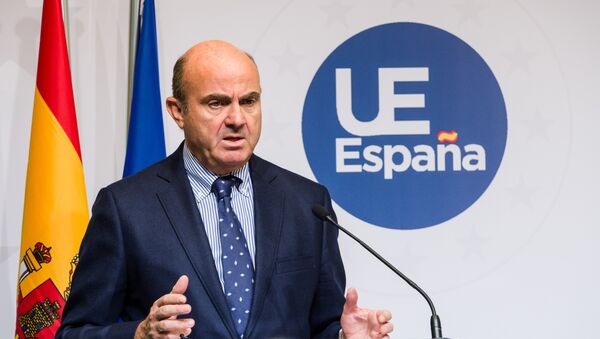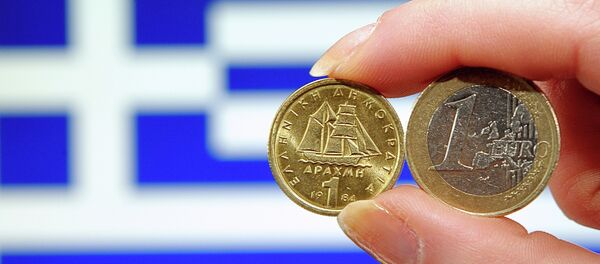"There are only two ways — we go forward or we go backward. But we cannot stay where we are now… We have a window of opportunity of no more than six months after the German elections [in September]," de Guindos said in an interview with the Financial Times.
The minister offered to create a single European treasury, or a European monetary fund, to extend EU control over member states' national budgets and fiscal policies.
"[Another] important point is about economic policy integration, not just for fiscal policy but also in areas such as structural reforms," he said.
The bloc should have an opportunity to play a bigger role in the core economic policies of its members, as the Brexit vote and US President Donald Trump's aspiration to review trade agreements are pushing Europe toward deeper integration, Guindos said.
"There are doubts about fragmentation at the world level and that means we are now more dependent on our own decisions. We cannot allow a second Brexit. We have to keep together," he said.
The eurozone is a monetary union, which comprises 19 of the 28 European Union member states. It is politically controlled by the group of its countries' finance ministers, the so-called Eurogroup. The European Central Bank (ECB) manages its currency and its monetary policy.



